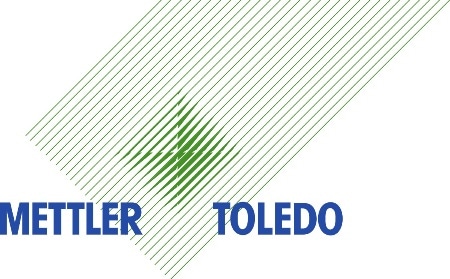.jpg)
Image Credit: VanderWolf Images/Shutterstock.com
Elastomers are used in various industries due of their distinct elastic properties. The defense, aerospace and automotive industries employ elastomers for tubes, tires, seals, coatings, and dampers. Other industries also use smaller parts made from elastomers.
The four major techniques of thermal analysis - DSC, TGA, TMA, and DMA - are perfect for characterizing such materials from –150 to 1600 °C as a function of time or temperature.
In this webinar, the use of thermal analysis to analyze elastomers will be illustrated and a selection of typical instances of samples measured by TGA, DSC, DMA or TMA will be shown.
Thermal analysis can be employed for research and quality control of thermosetting materials. A small sample weighing a few milligrams is sufficient to measure the essential properties and characteristics of such materials, for instance the vulcanization, glass transition, swelling, the expansion coefficient, decomposition, and elasticity.
In this webinar, the four major techniques of thermal analysis and a few typical applications are presented.
The following topics are covered by the webinar:
- Introduction
- Basic properties of elastomers
- Typical questions
- Thermal analysis
- Industries and applications
- Instrumentation and applications
- Differential Scanning Calorimetry (DSC)
- Thermogravimetry (TGA)
- Thermomechanical Analysis (TMA)
- Dynamic Mechanical Analysis (DMA)
- Summary

This information has been sourced, reviewed and adapted from materials provided by Mettler Toledo - Thermal Analysis.
For more information on this source, please visit Mettler Toledo - Thermal Analysis.